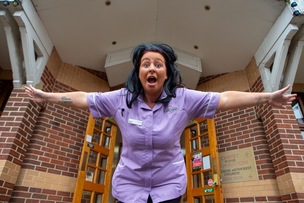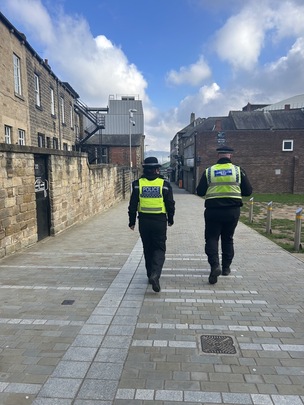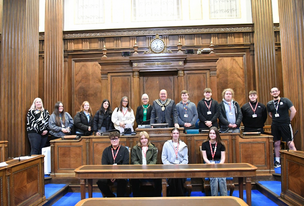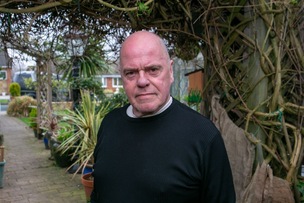THE proportion of young Barnsley children needing to have teeth removed due to decay is now more than three times the national average - despite dental health generally improving across the borough.
Last year 375 Barnsley children aged between five and nine required surgery to remove rotten teeth. That equates to 2.6 per cent of all five to nine-year-olds in the borough and compares to a national average of just 0.7 per cent, and a Yorkshire average of 1.4 per cent.
It’s also an increase since the year before when 2.2 per cent required extractions due to decay in Barnsley.
The figures are at odds with the overall picture of dental health in Barnsley. Figures show that 65.2 per cent of children saw a dentist last year, compared to just 58.2 per cent nationally, and the figures for Barnsley were higher than those for Doncaster and Rotherham, and just fractionally behind Sheffield.
“Generally Barnsley’s dental health is improving, but we are seeing more children at that extreme end having to have teeth out at hospital,” said Kaye Mann, Barnsley Council’s senior health improvement officer.
Poor dental health can be a sign that child is being neglected, and the council is working closely with the NSPCC on a campaign called Neglect Matters, which aims to tackle the issues of child neglect and help identify it sooner before children are exposed to long-term harm.
Part of the work involves encouraging members of the public and professional people to report signs of neglect, particularly in children who might otherwise be ‘invisible’ to social services and the professionals more traditionally used to identifying neglect.
“Poor dental health and dental neglect can be a visible sign of more general neglect, it can be a warning bell,” said Kaye, who chairs Barnsley’s oral health improvement advisory group.
“It’s not always of course, but dentists are trained to look for these things.
“The number of children having to go to hospital to have teeth taken out is going up.
“We’re working very closely with Barnsley Hospital.
“Not taking children to the dentist at all can be a sign of neglect in itself.
“The important message we want to get out there is that it is so important for children to regularly visit a dentist, at the very least once a year.”
Helen Westerman, campaigns manager for the NSPCC, said: “The Barnsley Neglect Matters campaign underlines the importance of recognising the impact neglect, in all its forms, can have on babies right through to adolescents.
“Neglect, in which a child’s basic needs are not met, can have long term consequences for the young people and families involved. Poor dental health is just one potential indicator of that.
“Neglect can largely be prevented if we all work together in spotting the warning signs. Visiting the dentist for under 18s is completely free and can help impart good dental hygiene habits that last a lifetime.”





























